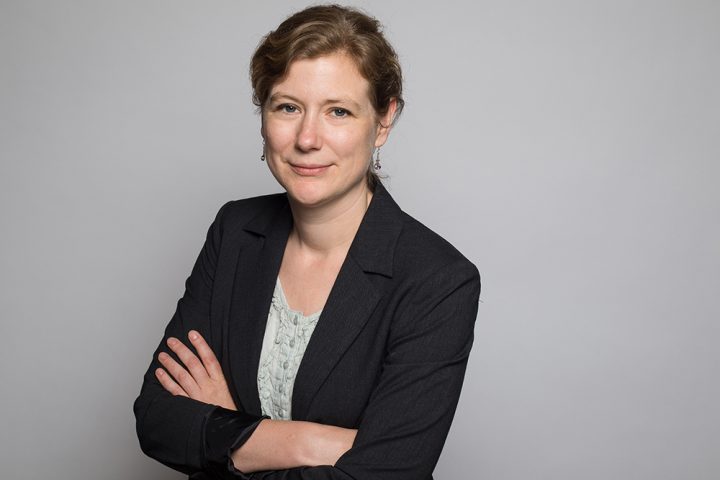Prof. Anette Fasang’s honorary doctor talk
University of Turku conferred Professor Anette Fasang (Humboldt University) as a honorary doctor (read more here).
Professor Fasang will give her honorary doctor talk on Tuesday 16 August at 14.15-15.45 at lecture hall Pub3 (Publicum 1st floor, Assistentinkatu 7, Turku).
We hope that you will join the talk live in Pub3, but we will organize a Zoom for the event as well. Zoom link: https://utu.zoom.us/j/64231642790
After the talk there will be a small celebration at the Sociology coffee room (Publicum 4th floor).
We hope that on-site attendees will register for the event in advance: https://konsta.utu.fi/Default.aspx?tabid=88&tap=13135
The topic of the lecture is:
Lives in Welfare States: Life courses and accumulated earnings by mid-life in four European countries
In this presentation, I show that work and family life courses that accumulate high earnings are very similar across countries, irrespective of national welfare states. In contrast, the lowest earning life courses differ sharply across countries in line with national social policies and opportunities for employment. We compare typical work and family life courses and associated cumulative earnings from ages 21 to 40 a liberal (United Kingdom), conservative (West Germany), and two variants of the social democratic welfare and mobility regime (Denmark and Finland). Findings from longitudinal administrative and survey data corroborate that the highest-earning young adults, disproportionately men, share a uniform life experience of employment stability and parenthood in marriage with exponentially accumulating earnings. In contrast, the lowest-earning life courses go along with family complexity in the United Kingdom, married parenthood in Germany, and extended single childlessness, or stable single parenthood in Denmark and Finland. Women are most concentrated in low-earning life courses where they are least compensated by the welfare state: the United Kingdom and Germany, with relative gender equality and higher welfare state compensation of low-earning life courses in the Nordics. I conclude with possible implications of life course stratification in different welfare states for political attitudes and voting.
Welcome!

